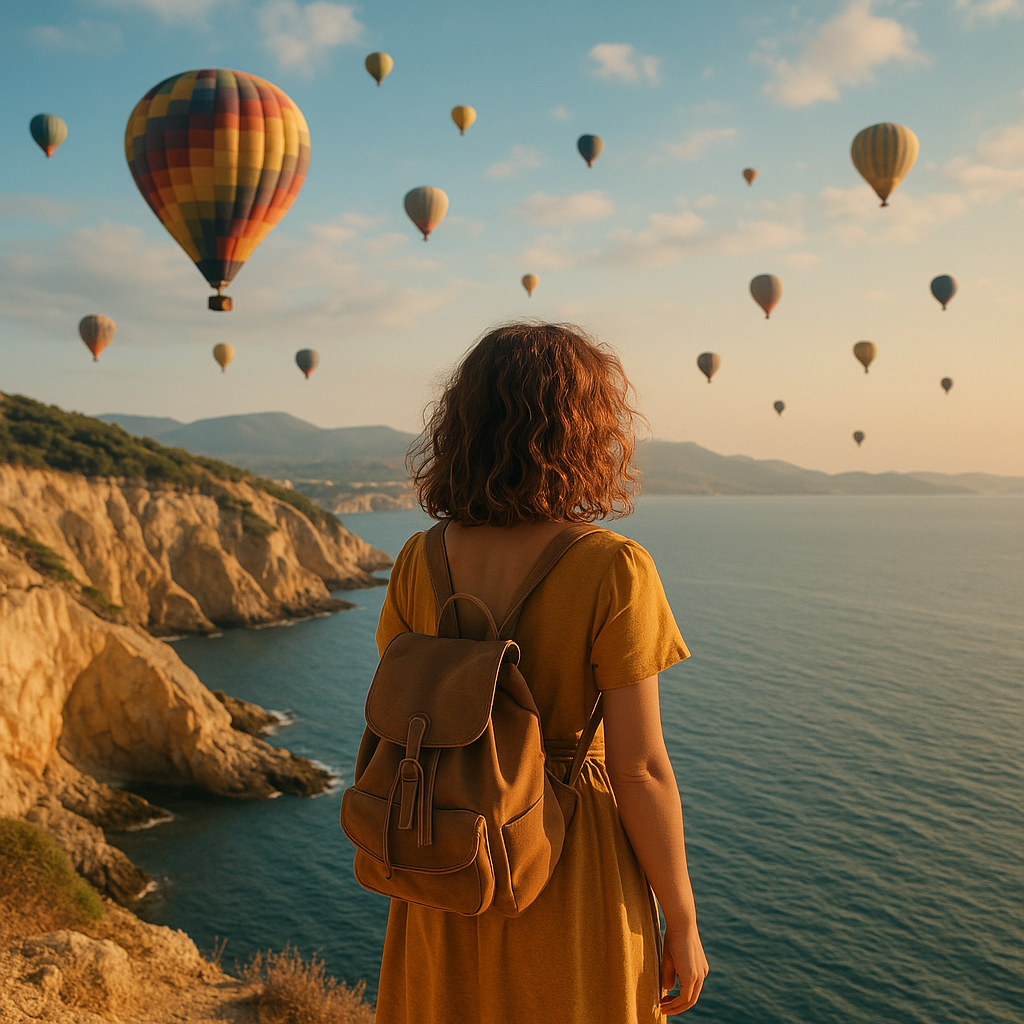The Evolving Purpose of Travel

For centuries, travel was a privilege reserved for explorers, merchants, and the wealthy elite. It had purpose—trade, diplomacy, discovery. In the modern world, however, travel has become both a rite of passage and a consumer habit, often reduced to photo opportunities and social media posts. This shift raises an uncomfortable question: has travel lost its meaning?
Today’s travel industry is built on convenience and instant gratification. Budget airlines and short-term rentals allow people to hop between countries with minimal planning or cultural preparation. On the one hand, this accessibility has democratized travel, enabling more people to experience the world beyond their borders. On the other, it has led to overtourism, environmental strain, and a superficial form of cultural engagement.
There’s a growing movement advocating for more intentional and responsible travel. Concepts like “slow travel” and “transformational tourism” encourage deeper connections with local people, cultures, and landscapes. Rather than rushing through a checklist of landmarks, these travelers prioritize meaning, reflection, and minimal environmental impact. It’s not about how far you go—it’s about how you go.
Still, many argue that travel has become performative. With curated Instagram feeds and staged experiences, the line between authentic exploration and travel as a form of status signaling is increasingly blurred. There’s pressure to visit “bucket list” destinations and emerge with stories worth sharing, regardless of whether the experience was genuine.
But perhaps the real question is not whether travel still has meaning, but how we assign meaning to it. For some, it’s a break from routine; for others, a form of education or healing. The potential for travel to change lives is still there—but only if we approach it with curiosity, humility, and purpose.
Multiple Choice
Choose the best answer.
- According to the article, what is a key downside of modern travel?
a) It’s too expensive for most people
b) It no longer offers any educational value
c) It often encourages shallow engagement with culture
d) It requires too much planning - What is the goal of the “slow travel” movement?
a) To visit as many countries as possible
b) To travel cheaply and quickly
c) To avoid cultural interaction
d) To foster meaningful, low-impact travel experiences - The article implies that social media:
a) Helps travelers plan more responsibly
b) Increases people’s curiosity about other cultures
c) Encourages superficial travel habits
d) Makes travel more educational
Short Answer / Discussion Prompts
- Do you agree that travel today has become “performative”? Why or why not?
- What’s the difference between taking a vacation and going on a meaningful journey?
- Can modern travel still lead to deep, personal growth? Under what conditions?
- How can individuals make their travel experiences more intentional or responsible?
Has Travel Lost Its Meaning?
In an age when flights can be booked with a swipe and photos of distant beaches flood our social media feeds, one might wonder: has travel, once a deeply meaningful endeavor, become just another form of consumerism?
Historically, travel was about exploration, education, or necessity. Pilgrims, merchants, and scholars undertook long and often perilous journeys driven by purpose. Today, however, travel is frequently sold as a product—marketed through curated Instagram aesthetics and flashy advertisements promising instant transformation or unforgettable moments. It’s no longer just about the destination; it’s about the likes, the stories, and the personal brand.
This commercialization of travel has led to what some critics call “checklist tourism”—the practice of visiting famous landmarks simply to say you’ve been there. The Eiffel Tower, the Great Wall, Machu Picchu—icons reduced to backdrops in a photo album rather than sites of historical or cultural engagement. The experience is often hurried, shallow, and geared toward external validation rather than internal enrichment.
Moreover, the ease and affordability of modern travel have led to overtourism, putting pressure on local environments and communities. Once-quaint towns now overflow with visitors during peak seasons, straining infrastructure and diluting local culture to cater to tourists’ expectations. In many places, traditional customs are performed not as living traditions but as staged spectacles for paying crowds.
There is a growing sense that travel, in its current form, has lost some of its soul. Instead of encouraging discovery and perspective, it often reinforces comfort zones. Tourists flock to international coffee chains, rely on apps that translate and review, and stay within sanitized bubbles of familiarity. True cultural immersion is becoming rare, replaced by consumption disguised as exploration.
Yet, not all is lost. There is a quiet movement toward more intentional travel—where meaning is measured not in miles, but in depth. These travelers prioritize connection over convenience. They choose homestays over hotels, public transport over tour buses, and conversation over selfies. They see travel not as a checklist, but as a chance to reflect, learn, and grow.
So, has travel lost its meaning? Perhaps the better question is: what meaning are we choosing to give it?
